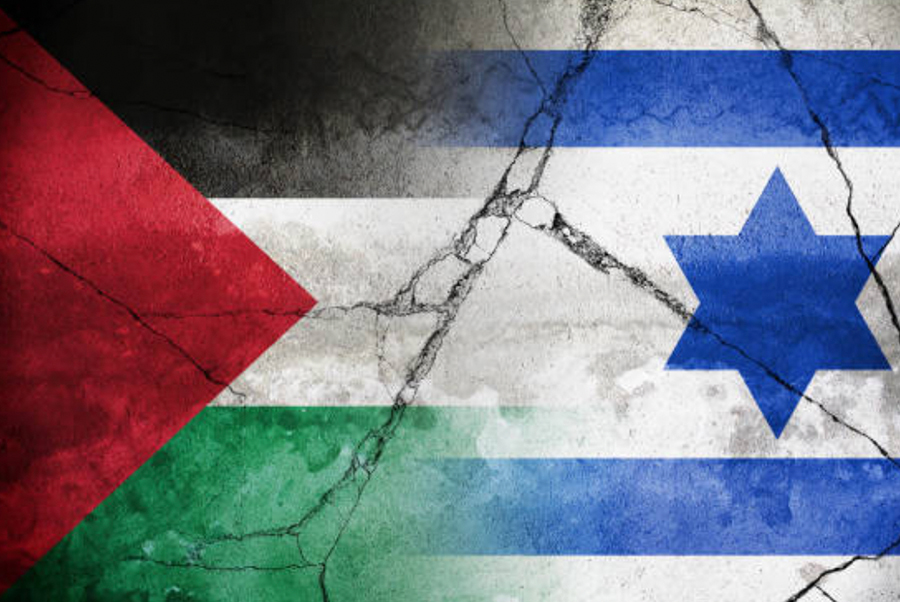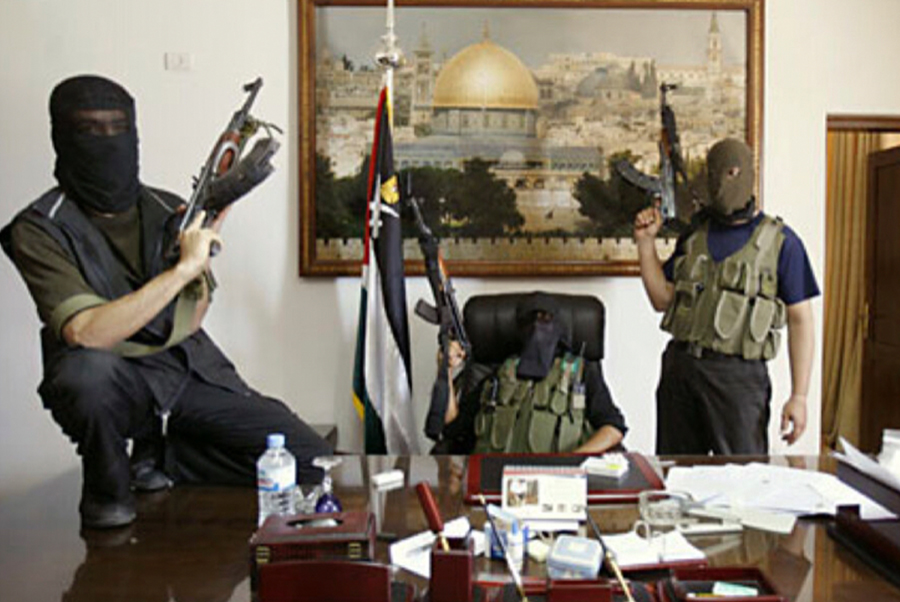CONFLICT IN
ISRAEL PALESTINE
The History of Jerusalem Blog
Parallel Histories editor Joshua Hillis travelled in Israel and the West Bank in June and July 2019, as part of a Churchill Fellowship. This blog series about the history of Jerusalem came out of his travels.
Post boxes and Power in Jerusalem
It may be somewhat ludicrous that the most powerful countries in the nineteenth century competed for influence in Jerusalem through the colour and size of their post box.
Jewish Communities in Jerusalem
Moses Montefiore was more of a prophet than a reporter when he declared Jerusalem as ‘the city of our forefathers, the great and long-desired object of our wishes and journey’.
The Ottomans in Jerusalem
“As a child I remember the city gates being closed at sunset every evening by city officials—mainly because there was fear of night raids by Bedouins. Whenever I would forget myself playing with my mates outside the walls, coming back we would find the gates closed. We would re-enter through a broken alcove located by Damascus gate and keep climbing until we reached the ramparts.”
The Germans in Jerusalem
Kaiser Wilhelm II of Germany financed four buildings that he intended to be symbols of the wide reach of German culture, to stake a claim for German imperialism in the ‘holy land’, and to display a vision of new Germany still touch with its Christian roots.
The French in Jerusalem
‘Charnelhouse surrounded by walls, the old religions rotting in the sun’
The Russians in Jerusalem
The Russian Compound shows what you can do in Jerusalem with some questionable archaeology, some impressive buildings, and the marriage of religion with a political myth.
The British in Jerusalem
“The fanatical Mufti of Nablus is not a learned man, and is considered a plebeian parvenu among the old Arab families of that town; at the same time a really learned man is living there whose ancestors for several generations have been muftis of Nablus, and he is a good friend of the Protestants. I intend to recommend him to that office instead of the present man.”
James Finn’s private note about the Mufti of Nablus is a splendid specimen of 19th century Britain imperial hubris…
The Status Quo
‘I shall never concede any road improvements to these crazy Christians as they would then transform Jerusalem into a Christian madhouse.’
Further reading
A good place to begin your further reading is with our blog posts on Israel-Palestine, found here and here.
Here are some further reading suggestions, covering a range of interpretations:
- The War for Palestine: Rewriting the History of 1948 (edited by Eugene Rogan and Avi Shlaim)- a collection of essays on the main actors in the war.
- The chapter ‘World War II and the First Arab-Israeli War, 1939-1949’ in Benny Morris, Righteous Victims: A History of the Zionist Arab Conflict 1881-2001
- Avi Shlaim, ‘The Debate about 1948’ – an article on the historiographical controversies in Israel
- Walid Khalidi, ‘Why did the Palestinians leave, Revisited’, Journal of Palestine Studies
- Ilan Pappé’s The Ethnic Cleansing of Palestine
- The chapter ’The War of Independence, 1947-1949’ in Anita Shapira’s Israel: A History
- The chapters ‘Palestine Problem before United Nations (1947-1948) and ‘Strife, War, Truce’ in Sami Hadawi’s Bitter Harvest: Palestine
- The chapter, ‘The Revolt, 1948, and Afterward’ in Rashid Khalidi’s The Iron Cage: The Story of the Palestinian Struggle
- The chapter ’The emergence of Israel’ in Avi Shlaim’s The Iron Wall: Israel and the Arab World
- Efraim Karsh Palestine Betrayed (Yale University Press, 2010)
On the consequences:
- Tom Segev’s 1949, The First Israelis
- Constantine Zurayk’s The Meaning of Disaster was the foundational text for the generation of Palestinians after 1948. He was one of the leading Arab intellectuals and wrote in 1948. This text was foundational for how Palestinians conceptualised the Nakba.
- ’The Creation of Israeli Democracy’ in Anita Shapira’s Israel: A History
JTracks provides further resources on themes in Jewish history, such as immigration and antisemitism: https://jtracks.org.uk/modern-jewish-history
Video Archive

Here you can find the first set of videos we made about the Israeli-Palestine conflict. These videos have the same dual narrative structure, but they go into much greater depth and detail, and have an even wider range of sources of evidence.
They could be useful to A level students and students in their first year at university.
Login or Sign Up to view all our free resources.
Coursework
If you are teaching History at A Level, International Baccalaureate or Scottish Advanced Highers, this resource will help your students with any of:
- Coursework (Edexcel)
- Historical Investigation (AQA)
- Thematic study and historical interpretations, and the Topic Based Essay (OCR)
- Project Dissertation (Advanced Highers)
- Historical Investigation (IB)
The presentation:
- maps out the historiography of the conflict in Israel-Palestine conflict
- examines different historians’ interpretations of a specific debate: what caused the Nakba/Palestinian refugee problem?
- demonstrates how to analyze a historian’s interpretation

